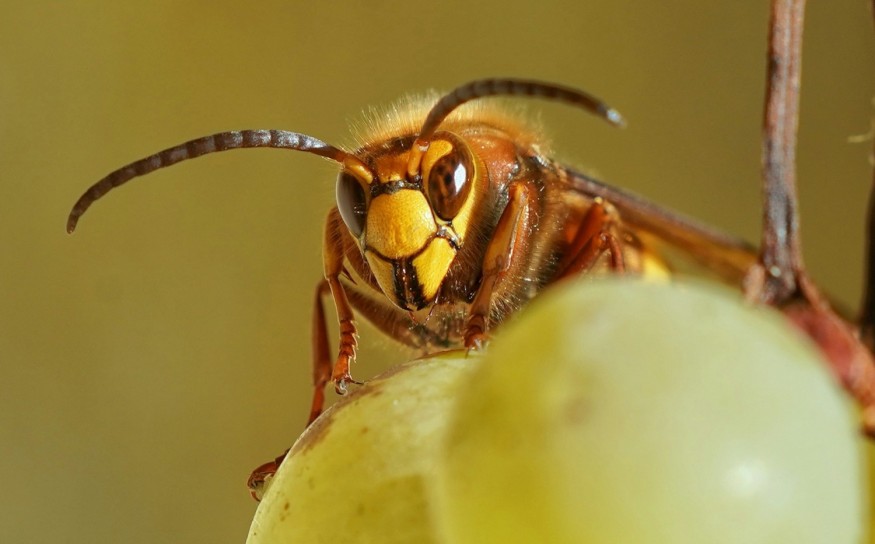Asian hornets in the United Kingdom were first reported in September 2016, threatening the local bee population as dozens of nests in multiple locations were destroyed at that time, based on previous reports. For almost a decade, UK authorities have been on high alert as the invasive insects kept coming into the island nation in a series of waves from France, with no signs of stopping or weakening in the long-term future.
Now, the threat posed by the invasive UK Asian hornets has further increased following DNA testing, which showed that the insect predators survived the UK winter months for the time. Through DNA analysis, bee experts suggested that the hornets could make a permanent residence in the UK due to their potential resistance against cold winter temperatures, which is greater than previously thought.
Asian Hornets Survive UK Winter

Asian hornets survived the UK winter for the first time in recorded history after DNA analysis showed 10% members of the species were able to withstand the harsh winter environment. This is according to a recent report by the National Bee Unit under the UK's Animal and Plant Health Agency. The findings are based on DNA samples collected from hornets caught in traps in the Kent area.
Genetic analyses showed that the hornet inhabitants of the Kent area in southeastern England were the offspring of a nest destroyed back in November 2023. The results also show that approximately 90% of the hornets will not survive the winter. Yet, every queen that survives can repopulate an entire hornet colony, according to the report, which revealed that the places Asian hornet queens survive include the town of Romford in London and the village of Ash in Kent.
Vespa Velutina Origin
The Asian hornet (Vespa velutina), also called yellow-legged hornet, is an invasive species of predatory wasp that is native to Southeast Asia and even East Asia. The hornet species can be found in southern China, India, Indonesia, and other places across the region. Its arrival to the West was unknown for decades, but experts say it first spread to France from China in 2004.
Since then, it further spread to Western Europe. In recent years, the invasive Asian hornets reached the UK through a channel between France. Known as an opportunistic feeder, yellow-legged hornets can decimate local bee populations and their colonies, disrupting the process of pollination and even affecting ecosystems and predatory animals that rely on bees as their prey.
In a 2022 study published in the journal CABI Reviews, researchers reported that the Asian yellow-legged hornet can cause significant environmental and socio-economic impacts. Some environmental repercussions include potential disruption of local "insect biodiversity and pollination ecosystem services." The invasive Asian hornets can impact a country's apiculture sector and eventually affect part of its economy, the research paper says.
Related Article : UK Bees Under Threat as Asian Hornet Sightings Further Increase
© 2025 NatureWorldNews.com All rights reserved. Do not reproduce without permission.





